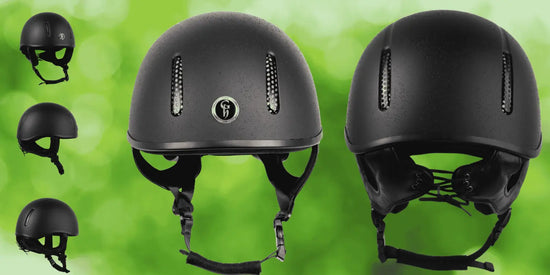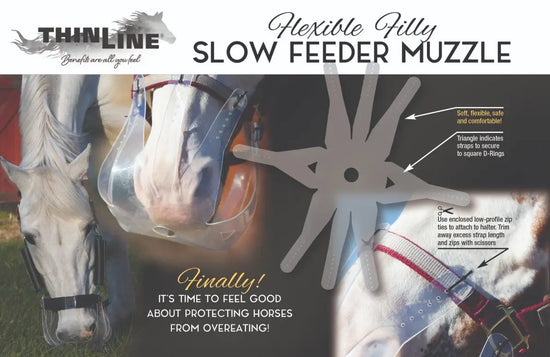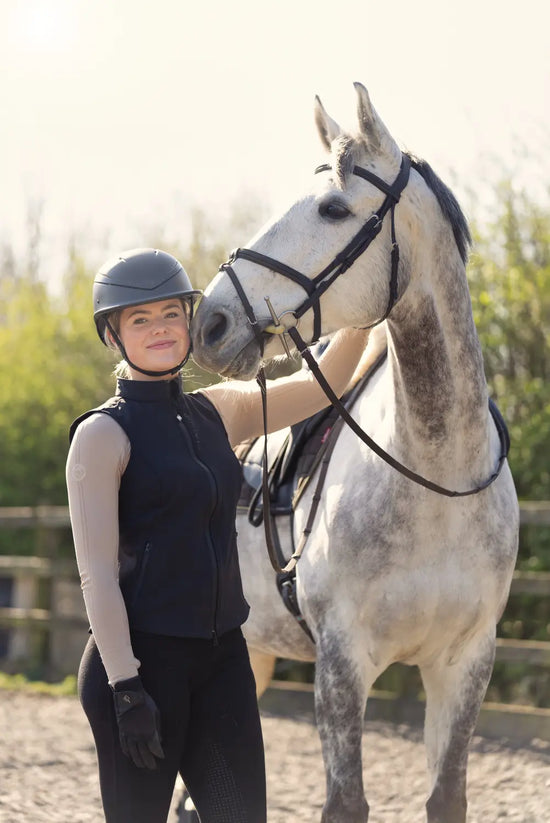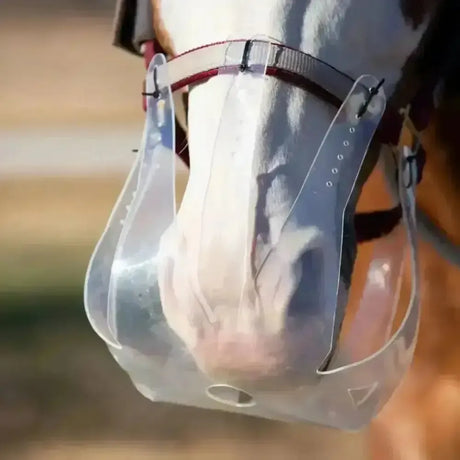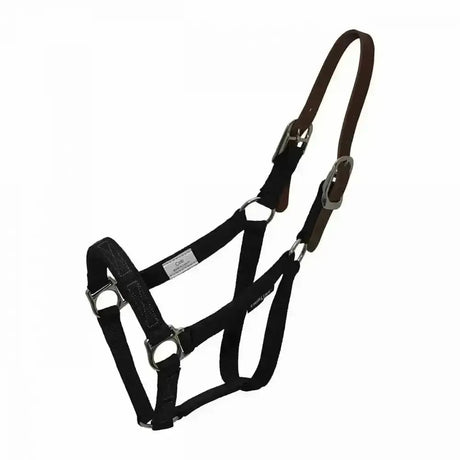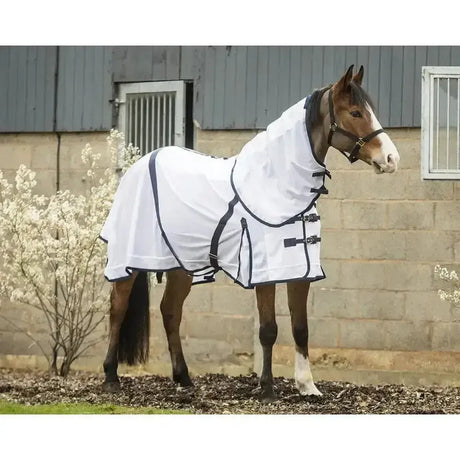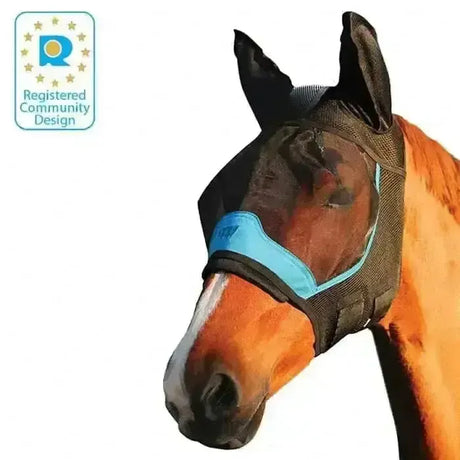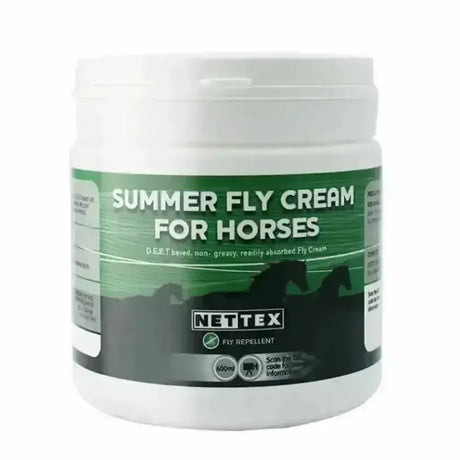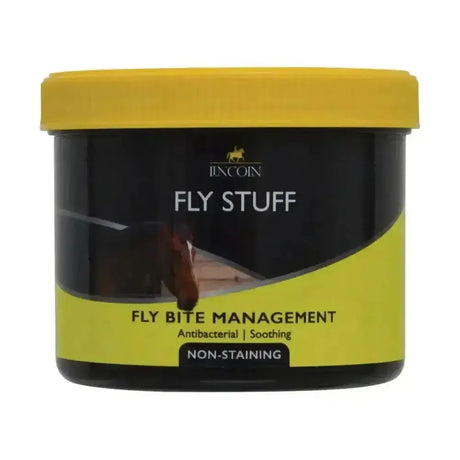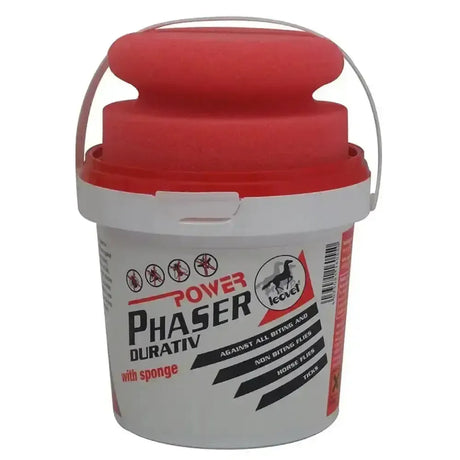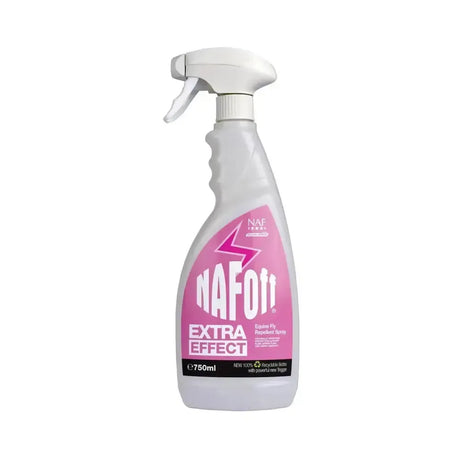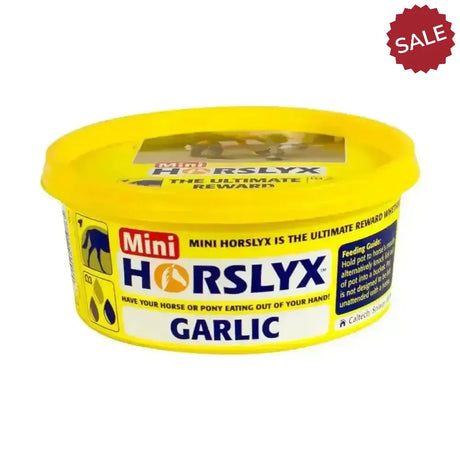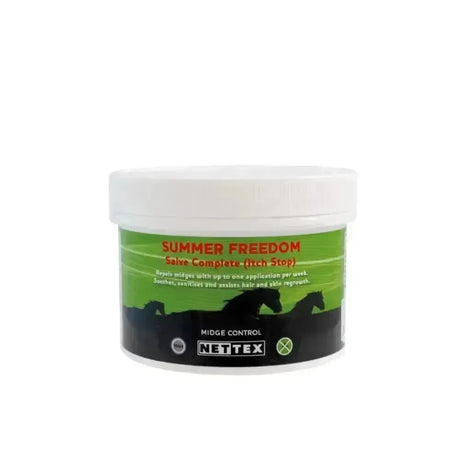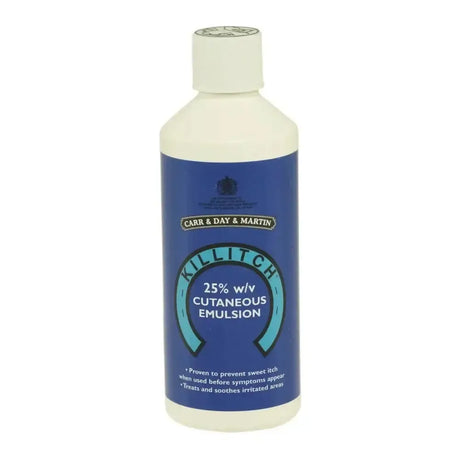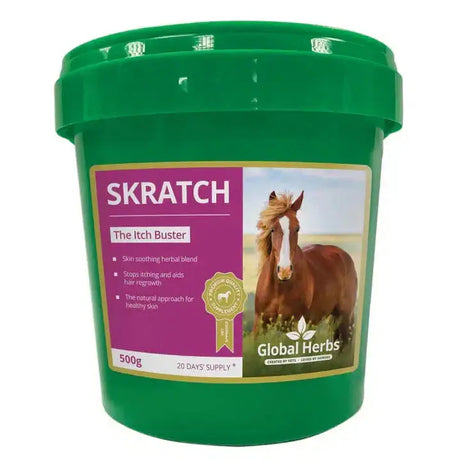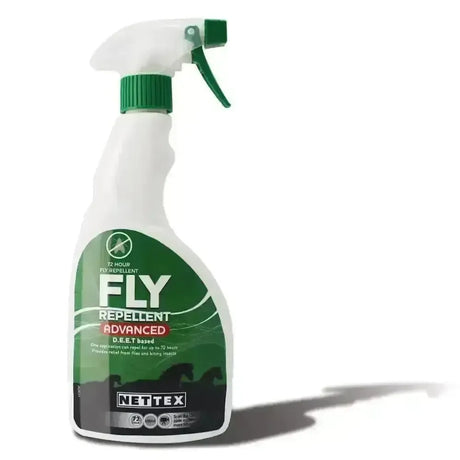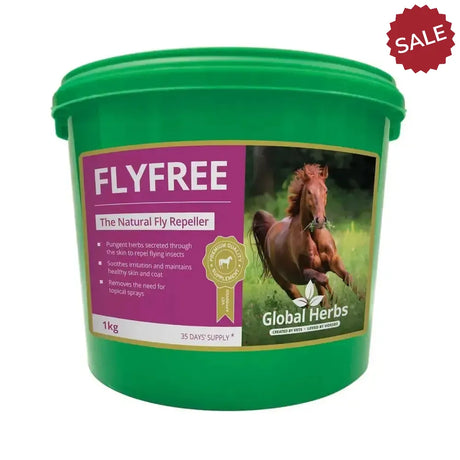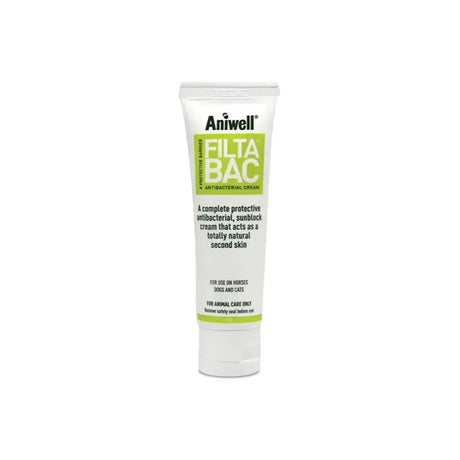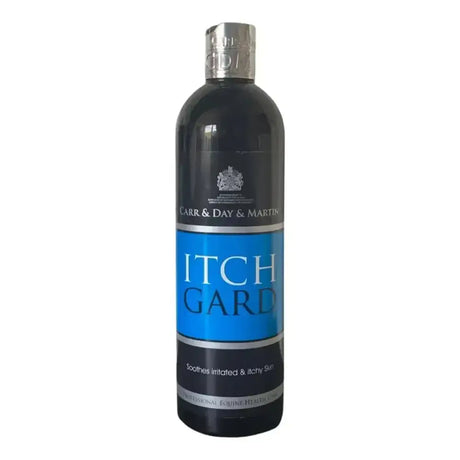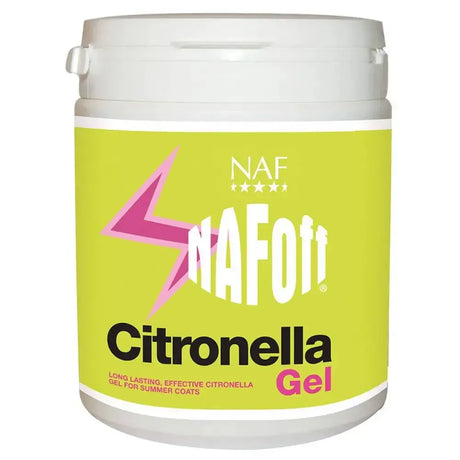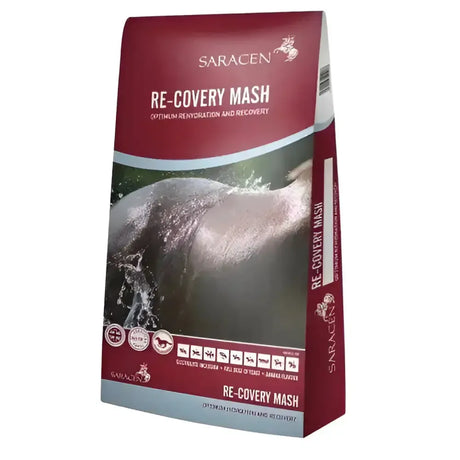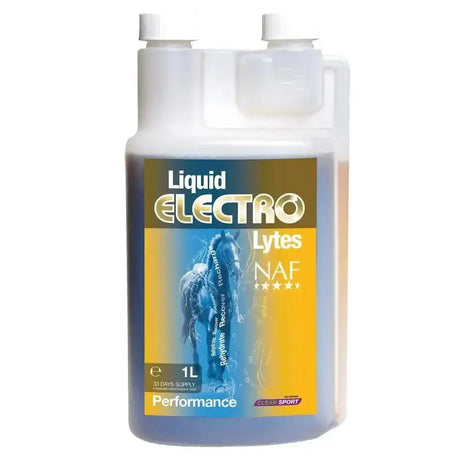Bonfire Night Means Fireworks Can Scare Your Horses
Table of contents
Horses and fireworks are not a good match, as the loud noises and bright lights can frighten even the calmest horses.
Bonfire Night (Guy Fawkes Night) can therefore a particularly stressful for horses due to their natural instincts and sensitivities and makes it challenging in Caring For Horses During Bonfire Night
Flight response - Horses are prey animals with highly developed fight-or-flight instincts. Sudden loud noises like fireworks trigger an immediate panic response, causing them to bolt, rear, or injure themselves trying to escape.
Sensitive hearing - Horses have much more acute hearing than humans and can detect sounds at frequencies we can't. The sharp cracks and booms of fireworks are amplified and more frightening and makes it difficult in Caring For Horses During Bonfire Night
Unpredictable timing - While the official date is November 5th, fireworks often go off for weeks before and after, making it impossible for horses to anticipate or adjust to the noise.
No understanding of the source - Unlike dogs who might eventually learn fireworks aren't a direct threat, horses can't rationalize that the loud bangs and bright flashes aren't predators or immediate danger.
Confinement stress - Horses kept in stables during fireworks can injure themselves trying to escape, kicking walls, or getting tangled in rugs and equipment.
Herd mentality - If one horse panics, it often triggers panic in others nearby, escalating the situation.
Physical effects - The stress causes increased heart rate, sweating, muscle tension, and can lead to colic or other health issues.
Signs Of When Your Horse Is Scared To Help In Caring For Horses During Bonfire Night
Physical body language
- Wide, staring eyes showing the whites (often called "whale eye")
- Flared nostrils and rapid, shallow breathing
- Raised head and neck, ears pinned back or constantly swiveling
- Tense, rigid posture with muscles visibly tight
- Tail clamped down or switching anxiously
- Trembling or shaking, especially in the legs

Movement behaviors to look out for when Caring For Horses During Bonfire Night
- Pacing, circling, or constant movement even when confined
- Backing away rapidly or spinning to face potential threats
- Rearing, bucking, or explosive forward movement
- Refusal to move forward or "planting" feet
- Jigging or prancing instead of walking normally
Vocalizations and breathing
- Snorting repeatedly or blowing through nostrils
- Whinnying or calling out more than usual
- Loud, labored breathing or hyperventilating

Physical symptoms to look out for in your horse during Bonfire Night
- Excessive sweating, particularly around the neck and flanks
- Loss of appetite or refusing treats they normally love
- Increased urination or loose droppings
- Pawing the ground repeatedly
Behavioral changes
- Becoming unusually clingy or alternatively, withdrawing completely
- Difficulty focusing or responding to familiar cues
- Spooking at things that normally wouldn't bother them
- Inability to stand still or relax
Recognizing these signs early helps you in Caring For Horses During Bonfire Night and manage the horse's fear before it escalates into dangerous panic behavior.
Many horse owners prepare by using calming supplements, desensitization training, staying with their horses during displays, or arranging to move them to quieter locations during peak firework periods.
So now we can understand why horses find bonfire night such a stressful time here are a few tips for us to help Caring For Horses During Bonfire Night
Plan Ahead When Caring For Horses During Bonfire Night
- Check local event schedules for nearby fireworks displays, so you know when and where they’ll be happening.
- Consider moving horses to a quieter location if possible, especially if you know there will be fireworks close by.
Stable or Field? To Keep Your Horses Calm During Bonfire Night
- Stabled Horses: Keeping them in their stables might provide a more controlled environment where they feel secure. Close stable doors and windows to dampen sound and limit flashes.
- Horses in the Field: If they are calm in the field, leave them with companions. Ensure the fencing is secure and there’s nothing hazardous they could hurt themselves on if they do get startled.
Calming Techniques Caring For Horses During Bonfire Night
- Routine: Stick to your horse's usual routine as much as possible, as familiarity can be calming.
- Companionship: Keeping horses with familiar herd mates can help reduce stress.
- Music or Background Noise: Play calming music or white noise in the stable to mask fireworks sounds.
- Stay with Them: If you can, staying with your horse can be reassuring.
Block Out the Flashing Lights When Caring For Horses During Bonfire Night
- Use stable curtains or rugs over stable doors to minimize the impact of flashing lights if they’re kept inside.
- Place a rug with a neck cover on horses outside to make them feel more secure, as this can help them feel "hugged."
Calming Aids To Help With Caring For Horses During Bonfire Night
- Consider calming supplements or consult your vet for prescribed calming aids if your horse is especially nervous.
- Some horses respond well to natural calming aids like lavender.
Safety Checks When Caring For Horses During Bonfire Night
- Ensure fencing, gates, and stable doors are secure in case your horse tries to flee.
- Remove hazardous items from the area around the stable or field that could injure a startled horse.
Monitor and Check Caring For Horses During Bonfire Night
- Check on your horse during the evening to make sure they are coping well.
- Inspect for injuries or signs of stress after the fireworks.
With the right preparation, you can minimize stress for your horse during Bonfire Night.
Frequently Asked Questions About Caring For Horses During Bonfire Night
How can I prepare my horse beforehand?
Start desensitization training weeks ahead using recordings of firework sounds at low volume, gradually increasing. Consider calming supplements or speak to your vet about anxiety medication for severely affected horses.
Should I stay with my horse during fireworks?
If your horse finds your presence calming, yes. However, if you're anxious yourself, horses pick up on this tension. Stay calm or consider having an experienced, relaxed person with them instead.
Is it better to stable them or leave them out?
This depends on your individual horse. Some feel safer in familiar stables, while others panic more when confined. Horses turned out in groups often cope better as they can move freely and comfort each other.
What about bringing them indoors earlier?
Yes, get them settled before fireworks typically start (usually around dusk). Ensure they have plenty of hay to keep them occupied and maintain normal routines as much as possible.
Should I use ear plugs or ear covers?
Specially designed equine ear plugs can help muffle sounds, but introduce them gradually beforehand. Never use human ear plugs or anything that could fall into the ear canal.
Can I give them anything to help them cope?
Herbal calming supplements, pheromone sprays, or vet-prescribed medications can help
How long does the stress of Bonfire Night last?
Some horses recover quickly, others may be on edge for days. Monitor eating, drinking, and behavior, contacting your vet if you're concerned.
Get to know your horse or pony to understand what is the best way to handle their anxiety
Check on your horses regularly to be able to quickly manage any issues
If you have enjoyed our blog on Caring For Horses During Bonfire Night, then you might also like our other blogs



